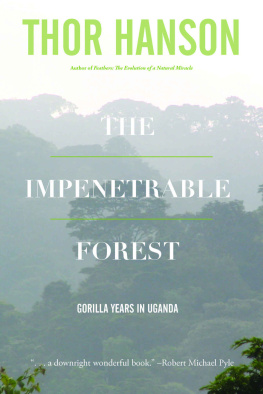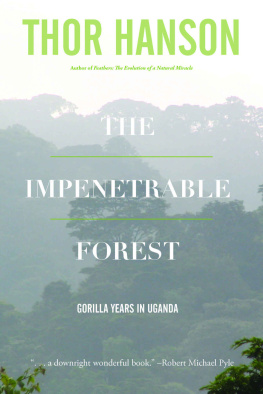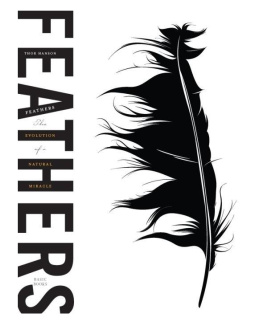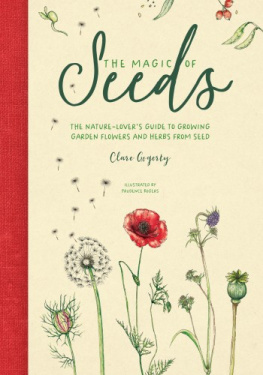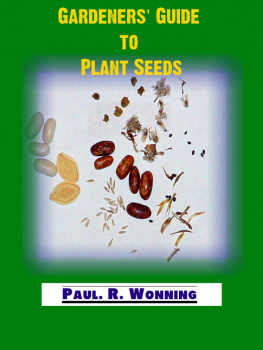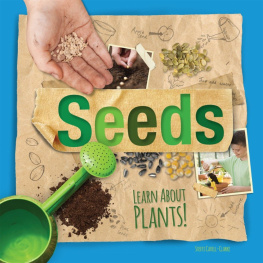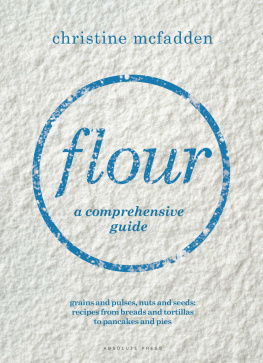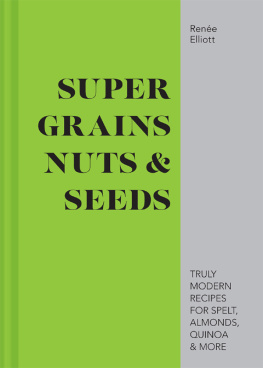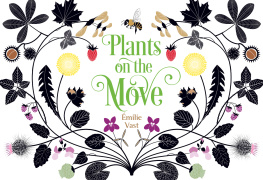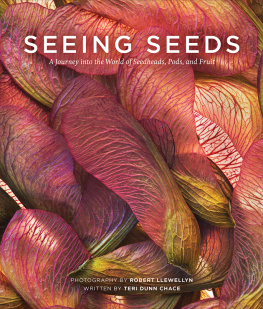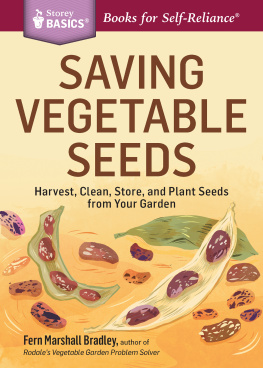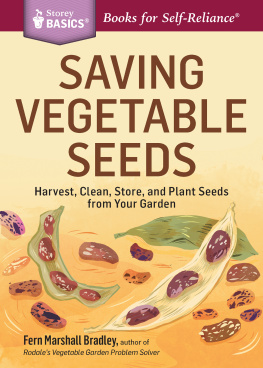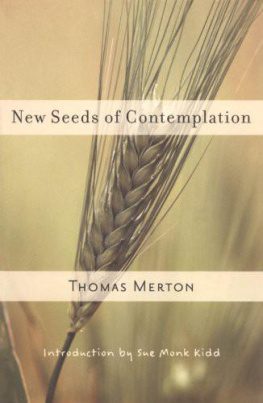Thor Hanson - The Triumph of Seeds: How Grains, Nuts, Kernels, Pulses, and Pips Conquered the Plant Kingdom and Shaped Human History
Here you can read online Thor Hanson - The Triumph of Seeds: How Grains, Nuts, Kernels, Pulses, and Pips Conquered the Plant Kingdom and Shaped Human History full text of the book (entire story) in english for free. Download pdf and epub, get meaning, cover and reviews about this ebook. year: 2015, publisher: Basic Books, genre: Detective and thriller. Description of the work, (preface) as well as reviews are available. Best literature library LitArk.com created for fans of good reading and offers a wide selection of genres:
Romance novel
Science fiction
Adventure
Detective
Science
History
Home and family
Prose
Art
Politics
Computer
Non-fiction
Religion
Business
Children
Humor
Choose a favorite category and find really read worthwhile books. Enjoy immersion in the world of imagination, feel the emotions of the characters or learn something new for yourself, make an fascinating discovery.

- Book:The Triumph of Seeds: How Grains, Nuts, Kernels, Pulses, and Pips Conquered the Plant Kingdom and Shaped Human History
- Author:
- Publisher:Basic Books
- Genre:
- Year:2015
- Rating:4 / 5
- Favourites:Add to favourites
- Your mark:
The Triumph of Seeds: How Grains, Nuts, Kernels, Pulses, and Pips Conquered the Plant Kingdom and Shaped Human History: summary, description and annotation
We offer to read an annotation, description, summary or preface (depends on what the author of the book "The Triumph of Seeds: How Grains, Nuts, Kernels, Pulses, and Pips Conquered the Plant Kingdom and Shaped Human History" wrote himself). If you haven't found the necessary information about the book — write in the comments, we will try to find it.
In nature and in culture, seeds are fundamentalobjects of beauty, evolutionary wonder, and simple fascination. How many times has a child dropped the winged pip of a maple, marveling as it spirals its way down to the ground, or relished the way a gust of wind(or a stout breath) can send a dandelions feathery flotilla skyward? Yet despite their importance, seeds are often seen as a commonplace, their extraordinary natural and human histories overlooked. Thanks to Thor Hanson and this stunning new book, they can be overlooked no more.
What makes The Triumph of Seeds remarkable is not just that it is informative, humane, hilarious, and even moving, just as what makes seeds remarkable is not simply their fundamental importance to life. In both cases, it is their sheer vitality and the delight that we can take in their existencethe opportunity to experience, as Hanson puts it, the simple joy of seeing something beautiful, doing what it is meant to do. Spanning the globe from the Raccoon ShackHansons backyard writing hideout-cum-laboratoryto the coffee shops of Seattle, from gardens and flower patches to the spice routes of Kerala, this is a book of knowledge, adventure, and wonder, spun by an award-winning writer with both the charm of a fireside story-teller and the hard-won expertise of a field biologist. A worthy heir to the grand tradition of Aldo Leopold and Bernd Heinrich, The Triumph of Seeds takes us on a fascinating scientific adventure through the wild and beautiful world of seeds. It is essential reading for anyone who loves to see a plant grow.
Thor Hanson: author's other books
Who wrote The Triumph of Seeds: How Grains, Nuts, Kernels, Pulses, and Pips Conquered the Plant Kingdom and Shaped Human History? Find out the surname, the name of the author of the book and a list of all author's works by series.

